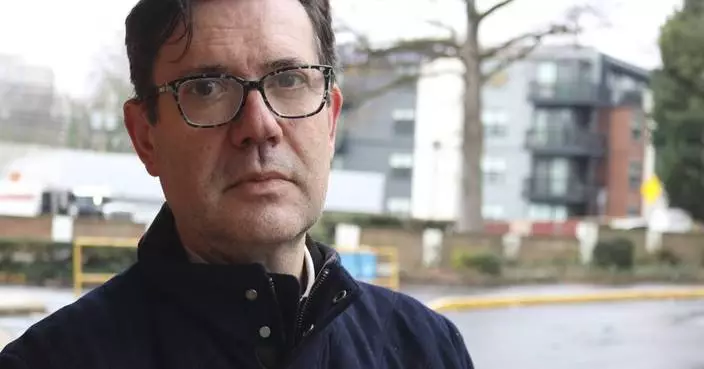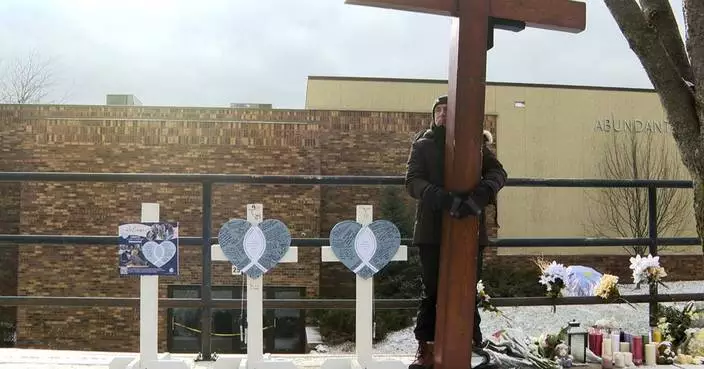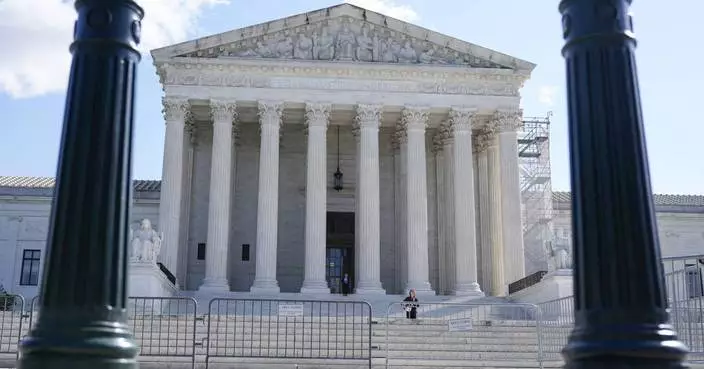ALEXANDRIA, Va. (AP) — The judge who will decide whether Google holds a monopoly over technology that matches buyers and sellers of online advertising must choose whether to believe what Google executives wrote or what they have said on the witness stand.
The Justice Department is wrapping up its antitrust case against Google this week at a federal courtroom in Virginia. The federal government and a coalition of states contend Google has built and maintained a monopoly on the technology used to buy and sell the ads that appear to consumers when they browse the web.
Google counters that the government is improperly focused on a very narrow slice of advertising — essentially the rectangular banner ads that appear on the top and along the right side of a publisher's web page — and that within the broader online advertising market, Google is beset on all sides from competition that includes social media companies and streaming TV services.
Many of the government's key witnesses have been Google managers and executives, who have often sought to disavow what they have written in emails, chats and company presentations.
This was especially true Thursday during the testimony of Jonathan Bellack, a product manager at Google who wrote an email that government lawyers believe is particularly damning.
In 2016, Bellack wrote an email wondering, "Is there a deeper issue with us owning the platform, the exchange, and a huge network? The analogy would be if Goldman or Citibank owned the NYSE,” the New York Stock Exchange.
For the Justice Department, Bellack's description is almost a perfect summary of its case. It alleges that Google's tech dominates both the market that online publishers use to sell available ad space on their web pages, and the tech used by huge networks of advertisers to buy ad space. Google even dominates the “ad exchanges” that serve as a middleman to match buyer and seller, the lawsuit alleges.
As a result of Google's dominance in all parts of the transaction, Justice alleges the Mountain View, California-based tech giant has shut out competitors and been able to charge exorbitant fees that amount to 36 cents on the dollar for every ad impression that runs through its stack of ad tech.
On the stand Thursday, though, Bellack dismissed his email as “late night, jet-lagged ramblings.” He said he didn't think Google's control of the buy side, the sell side and the middleman was an issue, but was speculating why certain customers were looking for workarounds to Google's technology.
Most of the other current and former Google employees who have testified as government witnesses have similarly rejected their own written words.
Earlier this week, another Google executive, Nirmal Jayaram, spent large parts of his testimony disavowing viewpoints expressed in emails he wrote or articles and presentations he co-authored.
The Justice Department contends, of course, that what the Google employees wrote in real time is a more accurate reflection of reality. And it says there would be even more damning documentary evidence if Google had not systematically deleted many of the internal chats that employees used to discuss business, even after the company was put on notice that it was under investigation.
Testimony has shown that Google implemented a “Communicate with Care” policy in which employees were instructed to add company lawyers to sensitive emails so they could be marked as “privileged” and exempt from disclosure to government regulators.
U.S. District Judge Leonie Brinkema called Google's policies on retention of documents “absolutely inappropriate and improper" and something she has taken notice of during the trial, though she has not imposed any kind of specific punishment.
The Virginia trial began Sept. 9, just a month after a judge in the District of Columbia declared Google's core business, its ubiquitous search engine, an illegal monopoly. That trial is still ongoing to determine what remedies, if any, the judge can impose.
The ad tech at question in the Virginia trial does not generate the same kind of revenue for Goggle as its search engine does, but is still believed to generate tens of billions of dollars of revenue annually.
The Virginia trial has been moving at a much quicker pace than the D.C. case. The government has presented witnesses for nine days straight and has nearly concluded its case. The judge has told Google it should expect to begin presenting its own witnesses Friday.
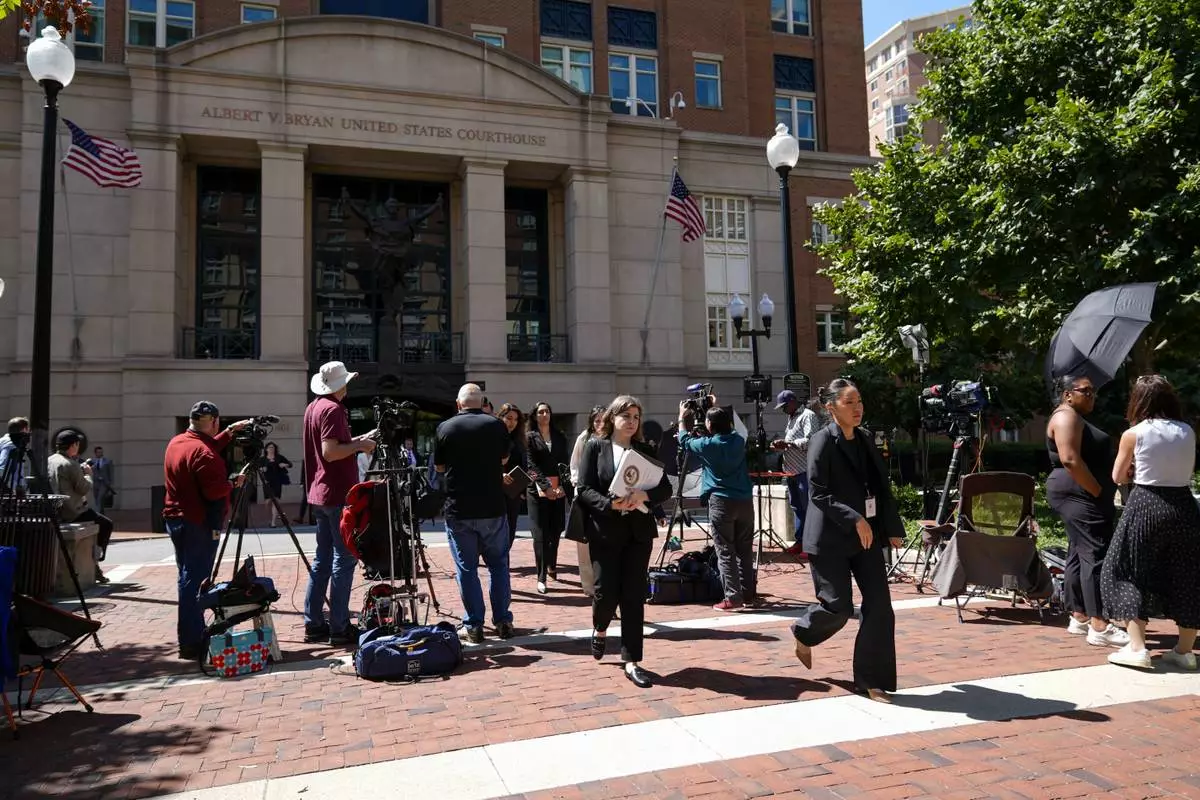
Lawyers and legal assistants leave the U.S. District Court for the Eastern District of Virginia for a lunch break in the Department of Justice's antitrust trial against tech giant Google, Monday, Sept. 9, 2024, in Alexandria, Va. (AP Photo/Stephanie Scarbrough)
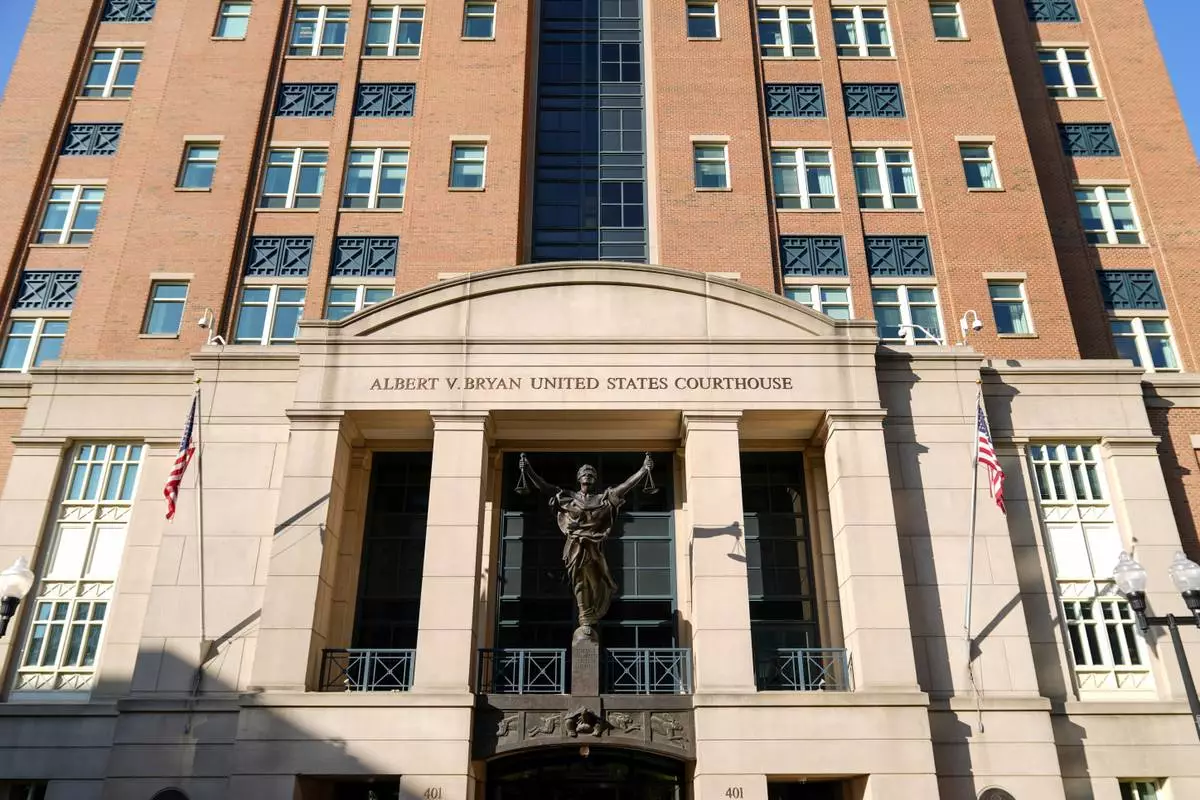
The U.S. District Court for the Eastern District of Virginia is seen Monday, Sept. 9, 2024, in Alexandria, Va. (AP Photo/Stephanie Scarbrough)
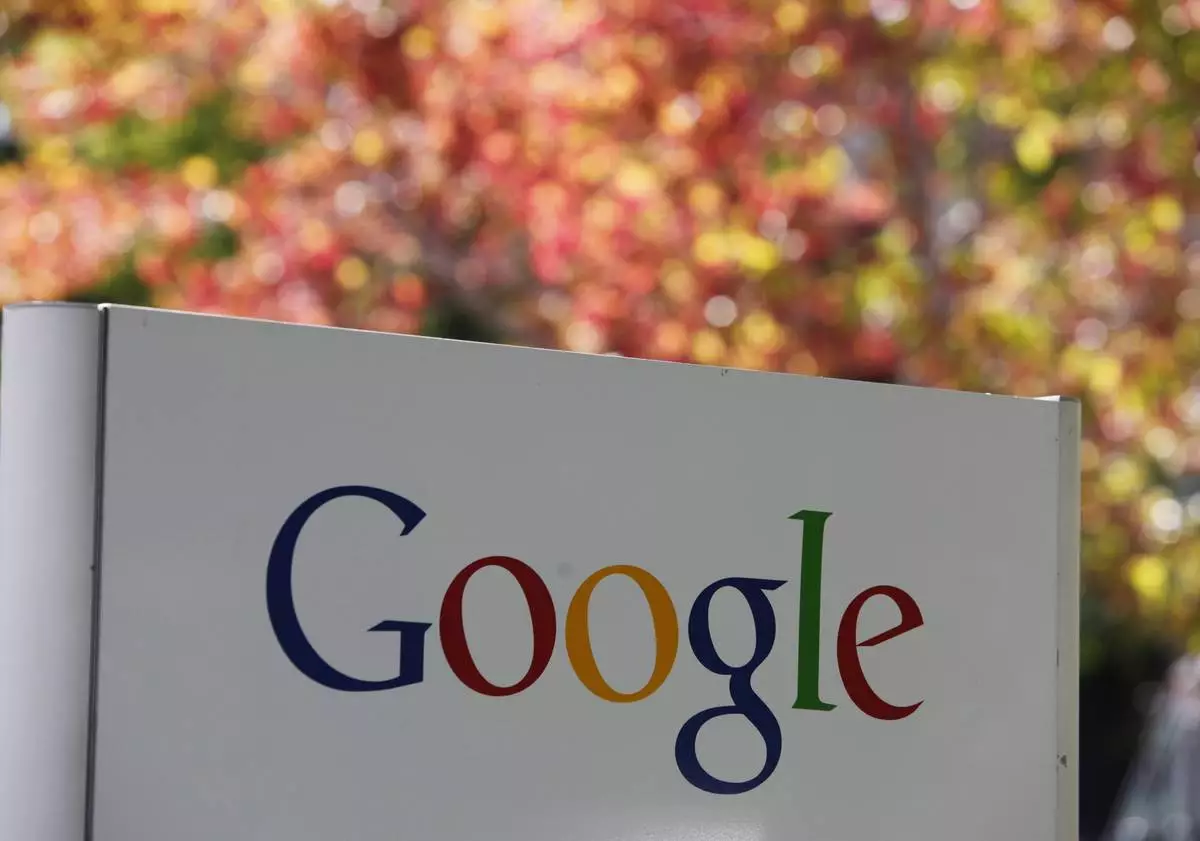
FILE - A sign at Google headquarters in Mountain View, Calif. is shown on Oct. 8, 2010. (AP Photo/Paul Sakuma, File)
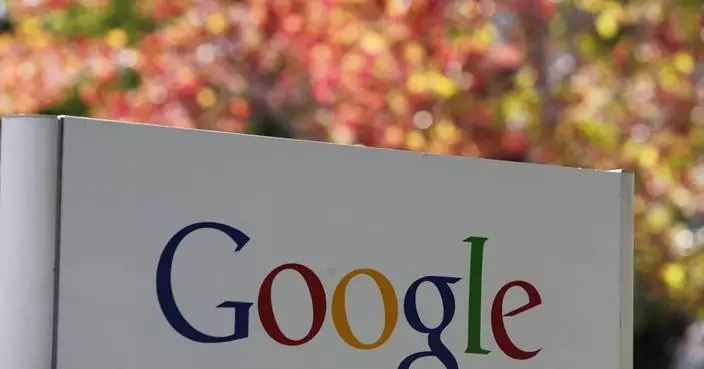
At Google antitrust trial, documents say one thing. The tech giant's witnesses say different

At Google antitrust trial, documents say one thing. The tech giant's witnesses say different












